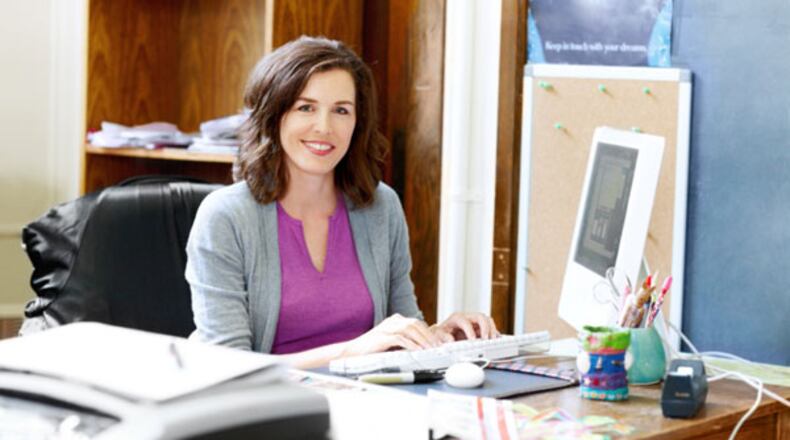This article is presented to you in partnership with Georgia Southen University. Visit their website for information on their programs and course offerings.
Teachers are using video, blogs and multimedia to enhance learning, but personal social media use has landed educators in trouble.
- A teacher in Colorado was suspended after posting inappropriate pictures of herself on Twitter and joking about using drugs on school property.
- A special education teacher in California was placed on administrative leave when she vented on Facebook about an autistic student being a "hot mess."
- An English teacher resigned and sued her Georgia school system after school officials saw Facebook photos of her drinking and using the B-word and told her to resign or be suspended.
- A math teacher in Texas resigned after a complaint was made about anonyous students comments she posted on Facebook about students' fear of failing standardized tests. One comment even said, "I hope my teacher dies."
It's unrealistic to expect teachers to stay off social media, says Tim Callahan, director of membership and communications for the Professional Association of Georgia Educators. More than 80 percent of teachers use Facebook, Twitter, Instagram and other networking sites in their personal lives, according to a 2014 survey by the University of Phoenix. Whether you're an educator or a parent, this advice can keep teachers' social media life in the clear.
1. Be cautious.
As role models who influence others and are held to a high ethical standard, teachers should keep their accounts professional to avoid misunderstandings or inappropriate relationships.
"If you wouldn't put it on your classroom door, then don't put it on social media," Callahan said.
2. Check your privacy settings.
Many social media debacles stem from privacy settings that allow friends and strangers to see more than the user intended. If your settings designate posts as private, school districts and human resources managers can't require you to reveal them, said Mike McGonigle, general counsel for the Georgia Association of Educators.
"Set your privacy preferences, and check those privacy settings periodically because they change," he said.
3. Know what's allowed.
Schools are required by law to have a computer use policy, but many districts are behind in creating a social media policy. Become familiar with regulations and ask questions if they seem unclear, then use your conscience.
"Many teachers are now deciding not to be friends with current students to avoid a conflict of interest," McGonigle said. "But that's an individual decision. Know what your school requires and decide from there."
4. Be upfront with others.
A friend or colleague may post a photo or comment that could be considered inappropriate. If so, take it down and notify school administrators, McGonigle said. On sites such as Facebook, you can require approval before another person's post appears on your page – a good step, no matter your profession.
"Questions come up about others posting images or sending them to the school district," he said. "In my experience, districts aren't going to discipline the educator if they can tell someone is upset and has an agenda."
5. Know your rights.
Become familiar with online free speech and privacy rights. A Pennsylvania college student was dropped from a teacher training program after posting an image of herself with the caption "drunken pirate." A judge ruled against her free speech argument because of inappropriate comments she posted about school officials and the program. In Georgia, a school district proposed a policy that would require teachers to never add existing or former students as friends.
"There were no reasonable restrictions on the policy at all," McGonigle said. "It didn't trust educators to make the right decision, and it didn't pass."
About the Author
Keep Reading
The Latest
Featured


